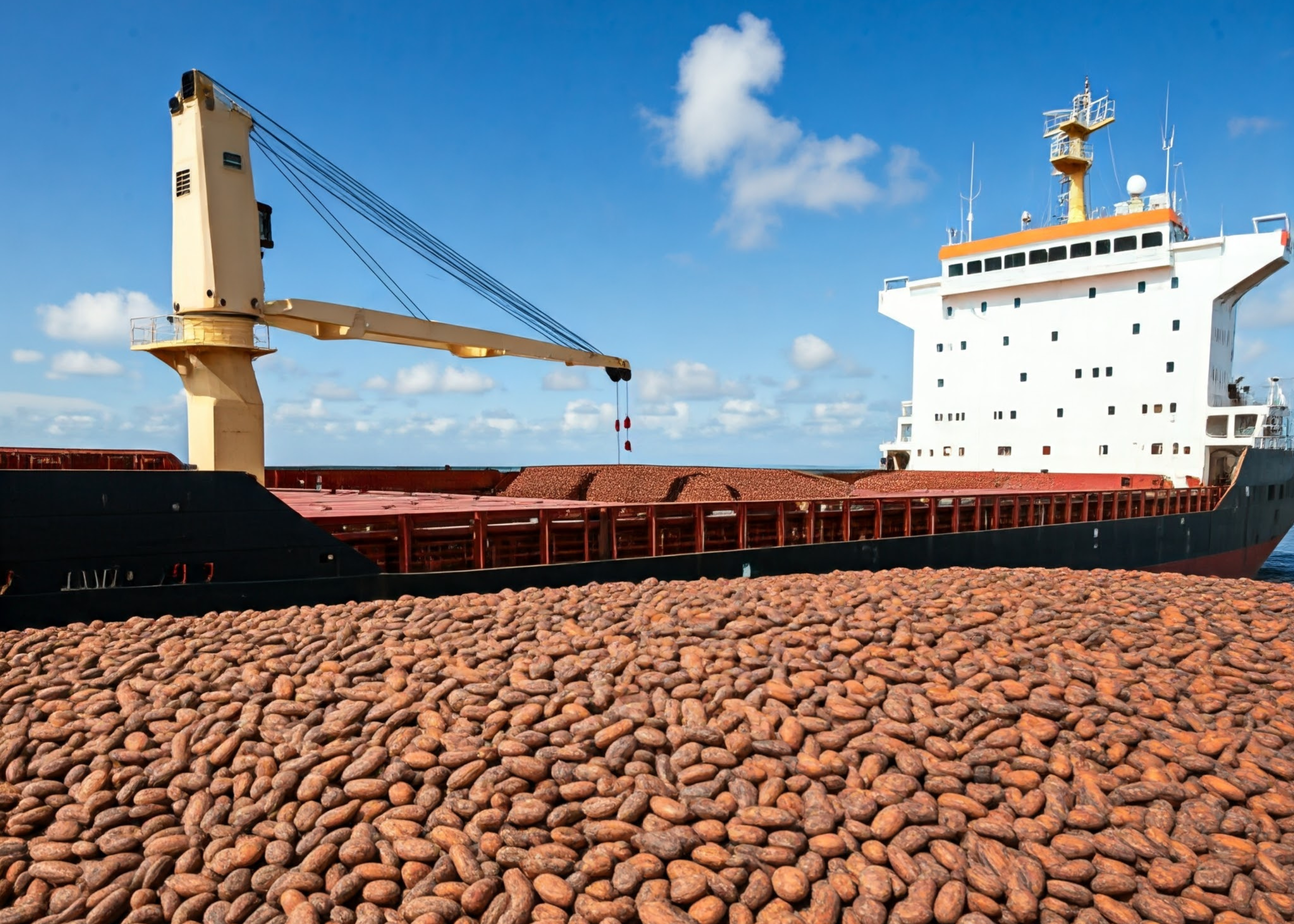News in brief:
– The Nigerian cocoa industry must meet the EU’s 2025 deforestation-free regulation to retain market access.
– Stakeholders, including government and private sector, are urged to support smallholder farmers with resources for compliance.
The Nigerian cocoa industry is racing to meet the European Union’s Deforestation-Free Products Regulation (EUDR), which will take effect in December 2025. This new regulation mandates that all cocoa exported to the EU must come from sustainable, deforestation-free sources, a critical shift that could impact Nigeria’s market access and smallholder cocoa farmers.
What is the EUDR?
The European Union’s Deforestation-Free Products Regulation (EUDR) is a policy aimed at curbing deforestation by ensuring that products, like cocoa, imported into the region have not contributed to forest destruction.
Compliance requires farmers to trace and document the origins of their produce, which includes using “polygon mapping”—a digital mapping method for tracking and verifying crop sources.
Caroline Omotosho, Managing Director of Johnvents Industries Limited, urged Nigerian cocoa stakeholders to act swiftly. She outlined steps needed for compliance, including revising protected areas, conducting risk assessments, and creating clear guidelines for farmers and companies. She also emphasised that compliance would demand collaboration from government bodies, the private sector, and civil society.
“If we don’t act to empower smallholder farmers, they risk losing access to the EU market, endangering their livelihoods,” Omotosho warned.
Johnvents Industries takes proactive steps
To stay ahead of the deadline, Johnvents Industries Limited is investing in policies to support compliance, such as 100% polygon mapping and anti-child labour measures. Omotosho noted that these steps will not only meet EUDR standards but also enhance the ethical transparency of Nigeria’s cocoa supply chain.
Nigeria’s cocoa industry relies on smallholder farmers, who face challenges in adopting sustainable practices due to limited resources. Transitioning to regenerative agriculture—methods that restore soil health and protect forests—will require training, financial support, and access to technology. Omotosho warned that without swift action, many smallholder farmers risk losing critical market access in the EU.
Nigeria’s Federal Government has formed a National Task Force (NTF) on EUDR compliance, led by Agriculture Minister Abubakar Kyari, to coordinate stakeholders and negotiate with the EU. Omotosho commended the government’s actions but stressed that additional efforts are needed to equip farmers to meet compliance demands.
The revised 2025 deadline offers Nigeria a valuable window to implement sustainable practices across the cocoa industry. The success of this transition could safeguard access to the EU market, support biodiversity, and ensure the livelihood of millions of smallholder farmers.



